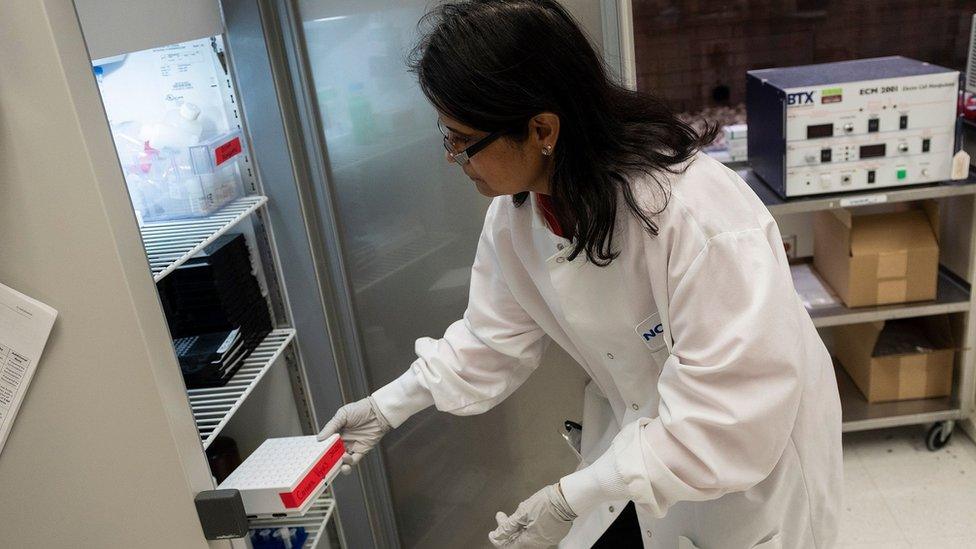Novavax: Billingham plant on track to make 60 million doses
- Published
- comments
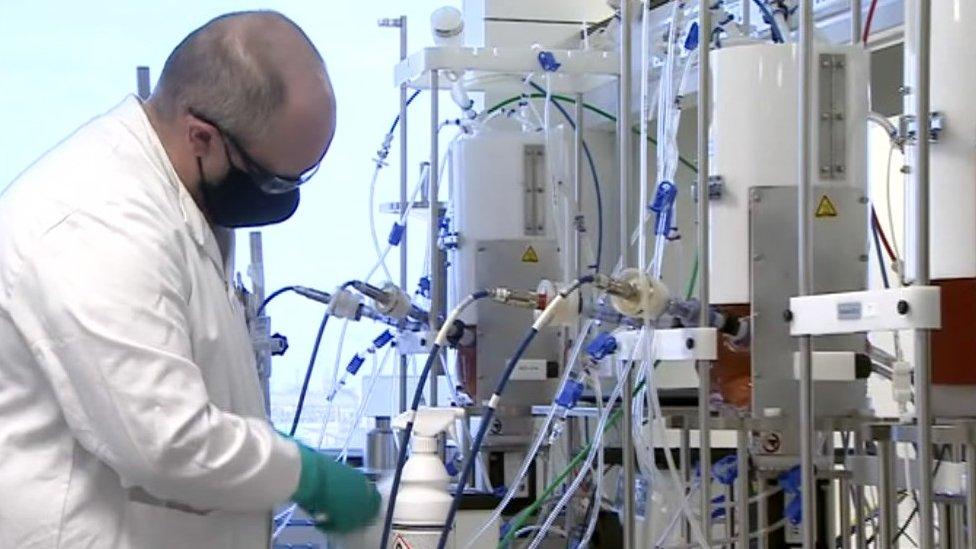
The Novavax vaccine is currently being assessed by the regulator
A factory on Teesside making the new Novavax Covid-19 vaccine is on target to make the 60 million doses ordered by the UK, bosses have confirmed.
Fujifilm Diosynth Biotechnologies in Billingham began production in February ahead of approval for its use, which is expected within weeks.
About 300 people have started around-the-clock shifts at the plant.
The firm's CEO Martin Meeson said the vaccine would be ready by the summer, adding he was "proud" of his team.

CEO Martin Meeson was born on Teesside
He said: "I'm extremely proud of the work we are doing here. For us though, we've been producing life-impacting therapeutics and vaccines at this site for over 30 years.
"I was born on Teesside and now I'm able to direct the manufacture of this vaccine across the world from Teesside.
"I have a particular sense of pride to be able to do this at this site."
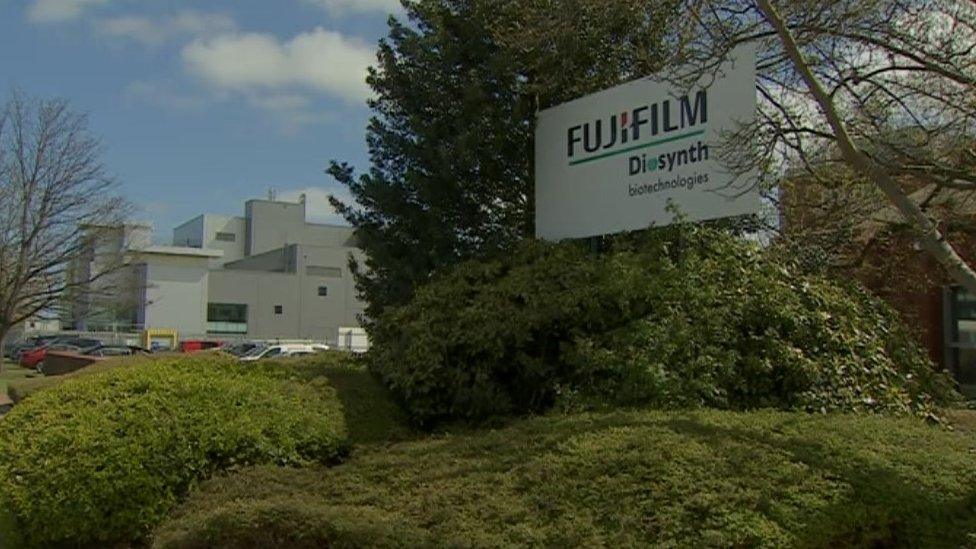
Prof Adam Finn said the vaccine would be "reformulated" to fight new variants
Novavax is currently being assessed by the Medicines and Healthcare products Regulatory Agency.
The jab, which is given in two doses, was shown to be 89.3% effective at preventing Covid-19 in participants in its Phase 3 clinical trial in the UK, and about 86% effective at protecting against the UK variant.
Like the Oxford-AstraZeneca vaccine, the Novavax jab can be stored at regular fridge temperature, which means it can be distributed more easily.
Covid vaccine safety: How does a vaccine get approved?
Prof Adam Finn, a member of the Joint Committee on Vaccination and Immunisation (JCVI), who is based at Bristol University, said the vaccine was a "vital tool" in the fight against the pandemic.
He said: "It's very reassuring to know that this vaccine is capable of preventing disease, and more importantly, and although with small numbers, that it's absolutely reliable at preventing severe disease.
"It's another really important tool in the toolbox."
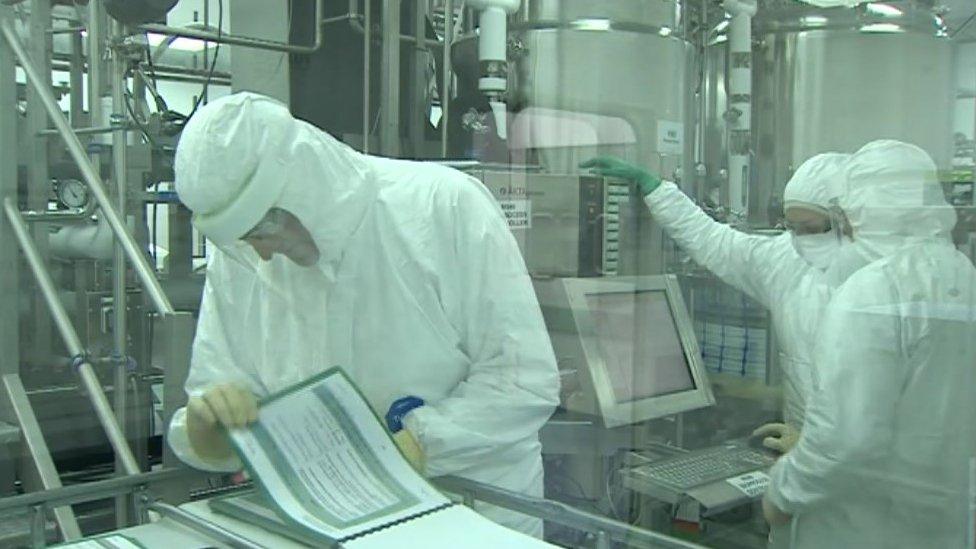
More than 300 people have started shifts around the clock
Prof Finn said information about how effective the vaccine was against new variants of the virus would "come with time".
"We will see initially with laboratory results using the blood samples obtained from people who've been immunised with this vaccine," he said.
"They can be looked at in the lab against these strains to see how well those antibodies neutralise the virus.
"But that's only part of the story - there are other means by which the immune response fights the virus that may not be picked up by those lab experiments.
"So what we will see when this vaccine starts to be used, is its efficiency in the real world against these different versions of the virus circulating in different countries."
He said the jab would be "reformulated" over time to fight virus variants, and added that having multiple types of vaccine meant they could offer more choice, reducing the risk of "rare side effects".
On Wednesday, a further 2,396 coronavirus cases were reported in the UK and another 22 people died within 28 days of a positive test, according to government figures., external

Follow BBC North East & Cumbria on Twitter, external, Facebook, external and Instagram, external. Send your story ideas to northeastandcumbria@bbc.co.uk, external
- Published21 April 2021
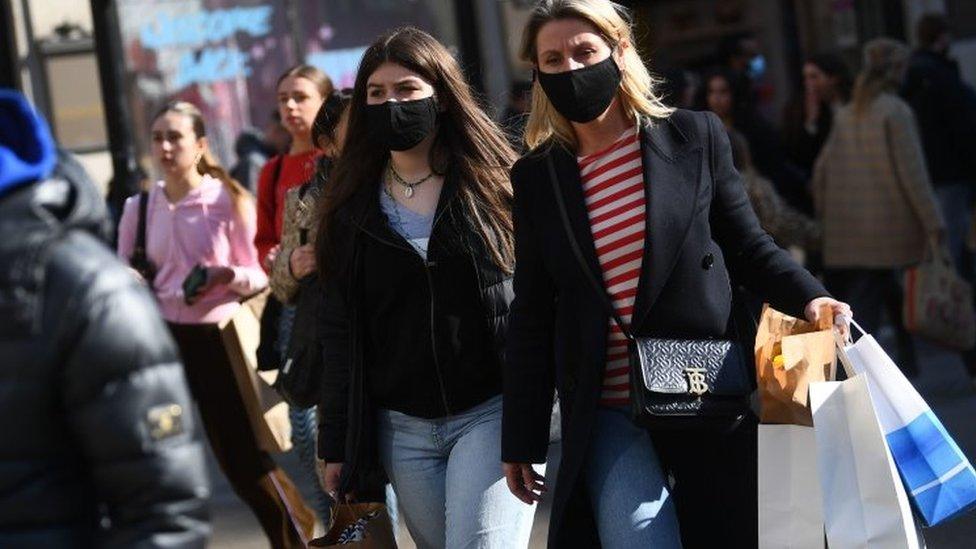
- Published2 April

- Published17 April 2021
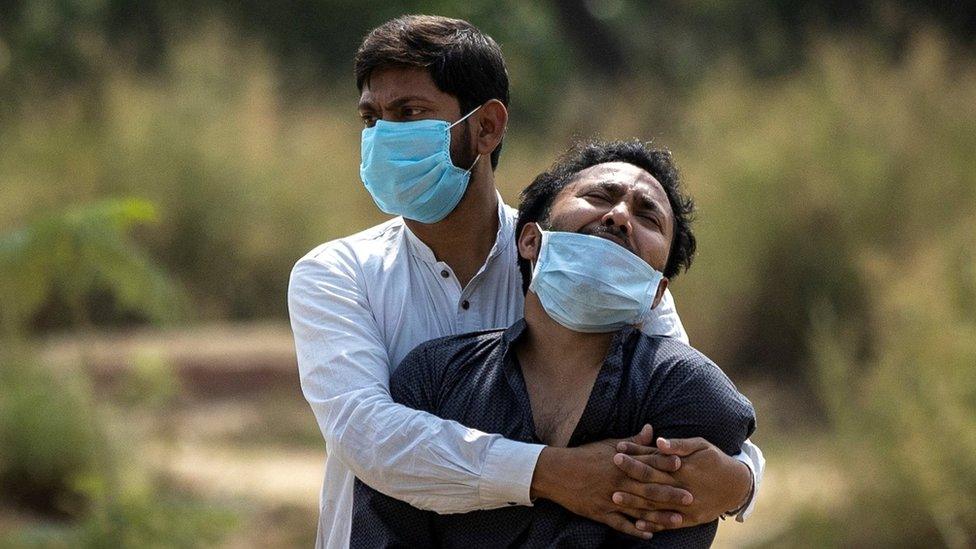
- Published13 April 2021
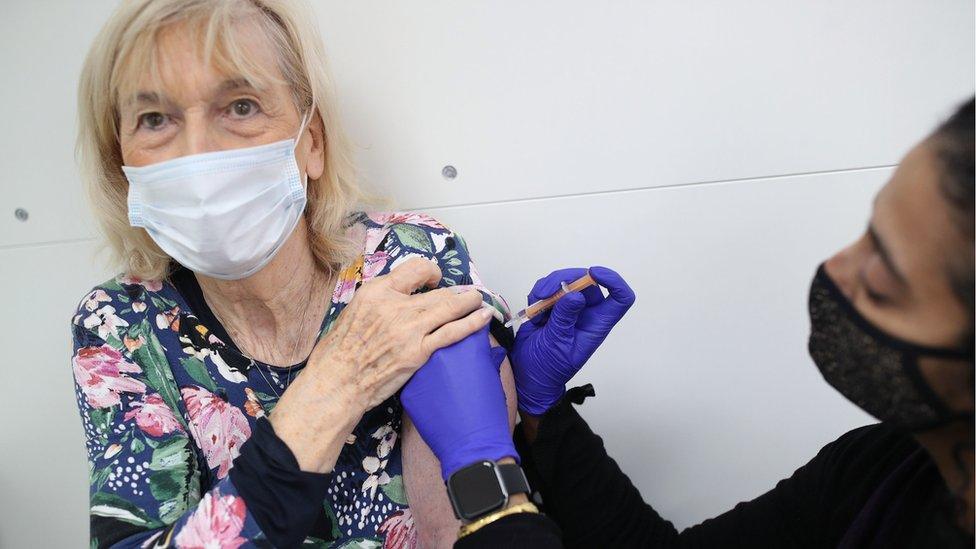
- Published29 January 2021
